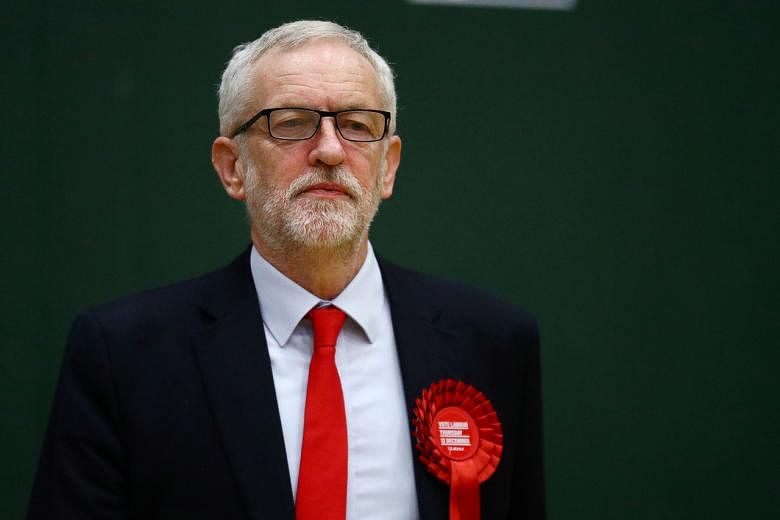LONDON (BLOOMBERG) - After Labour's decisive election loss, party head Jeremy Corbyn announced his plans to resign from the leadership before the next election.
A process to find a new leader is expected to start early next year, with his successor tasked with trying to unite a party that has become bitterly divided over Mr Corbyn's socialist policies and accusations of racism against Jews.
Despite Mr Corbyn's failure to win at a national level, his popularity within the party will be tough to follow. Here are some of the people who could replace him:
John McDonnell, 68: The Trotskyite in a Banker's Suit
The 68-year-old follower of Marx has long harboured ambitions to become leader, putting himself forward to stand in 2007 and again in 2010 to challenge Prime Ministers Tony Blair and Gordon Brown.
Instead, Mr McDonnell became Labour's economy spokesman in 2015 when his old friend Corbyn won the leadership bid. Since then, he's gained a reputation as a pragmatic politician with an ability to speak to both sides of the debate, one day taking tea with bankers from Goldman Sachs and the next calling for the overthrow of capitalism.
But that's also led to criticism of the Liverpool-born MP that he's more interested in gaining power than sticking to his values. He's also consistently said he'd back remain in a second Brexit referendum.
After the resignation of deputy leader Tom Watson, Mr McDonnell appears to be a natural successor though has ruled himself out of running. Instead, he may be poised to become a caretaker leader while the party decides how to move forward.
Mr McDonnell said on Saturday (Dec 14) he won't remain in the shadow Cabinet after the leadership election and told the BBC he backs the "new generation".
Jess Phillips, 38: The Corbyn Critic
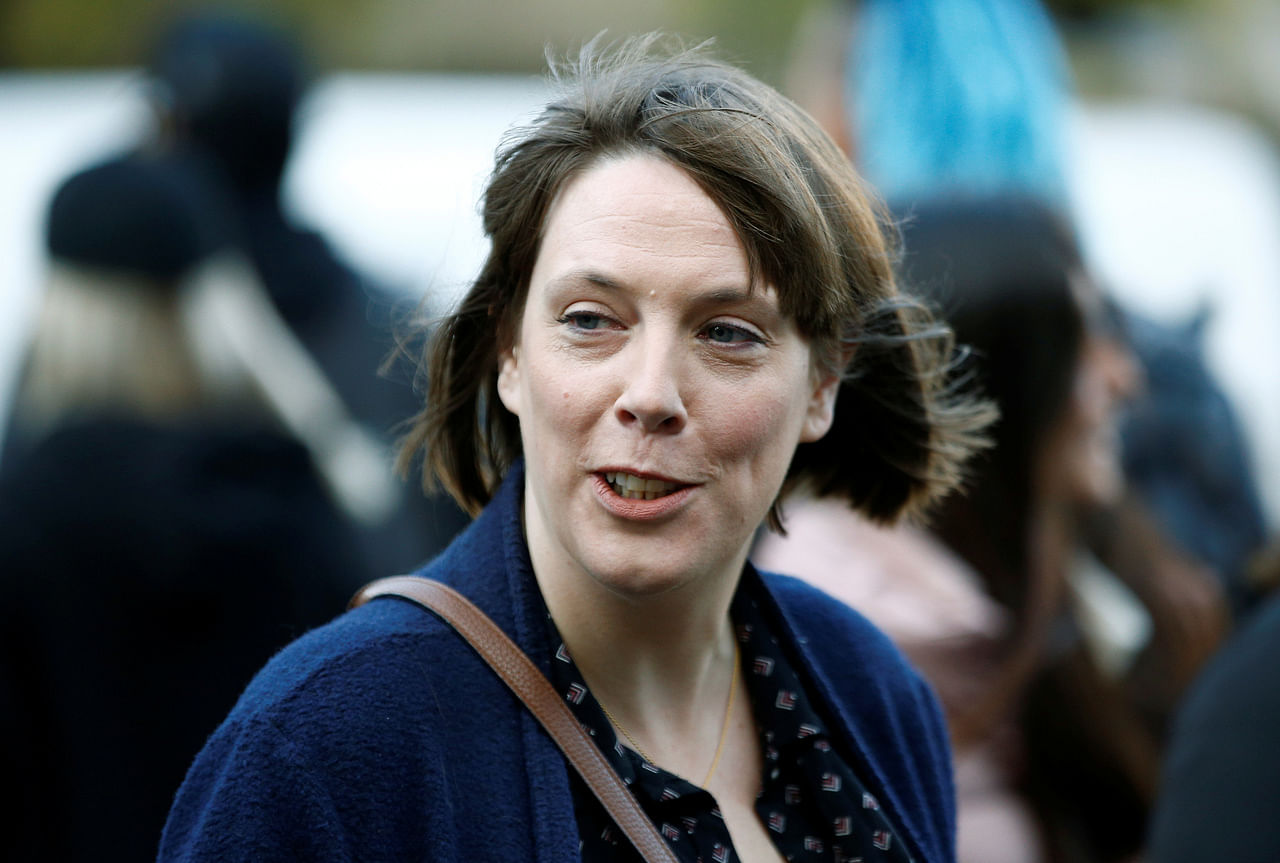
Known for her blunt and witty speeches, the 38-year old from Birmingham in central England has already said she may throw her hat in the ring.
Despite sharing many of the same left-leaning views as Mr Corbyn, she's been a vocal critic of him, saying he's not capable of winning a majority for Labour and repeatedly threatening to quit the party.
For that reason she's proved divisive - hated by many Corbyn supporters who see her as undermining his efforts to win power.
Despite her popularity, Ms Phillips is characteristically a lone wolf and something of a contrarian. While backing a second Brexit referendum, she declined to join the People's Vote campaign, and she's on friendly terms with arch-Brexiteer Jacob Rees-Mogg.
Keir Starmer, 57: The Arch Remainer
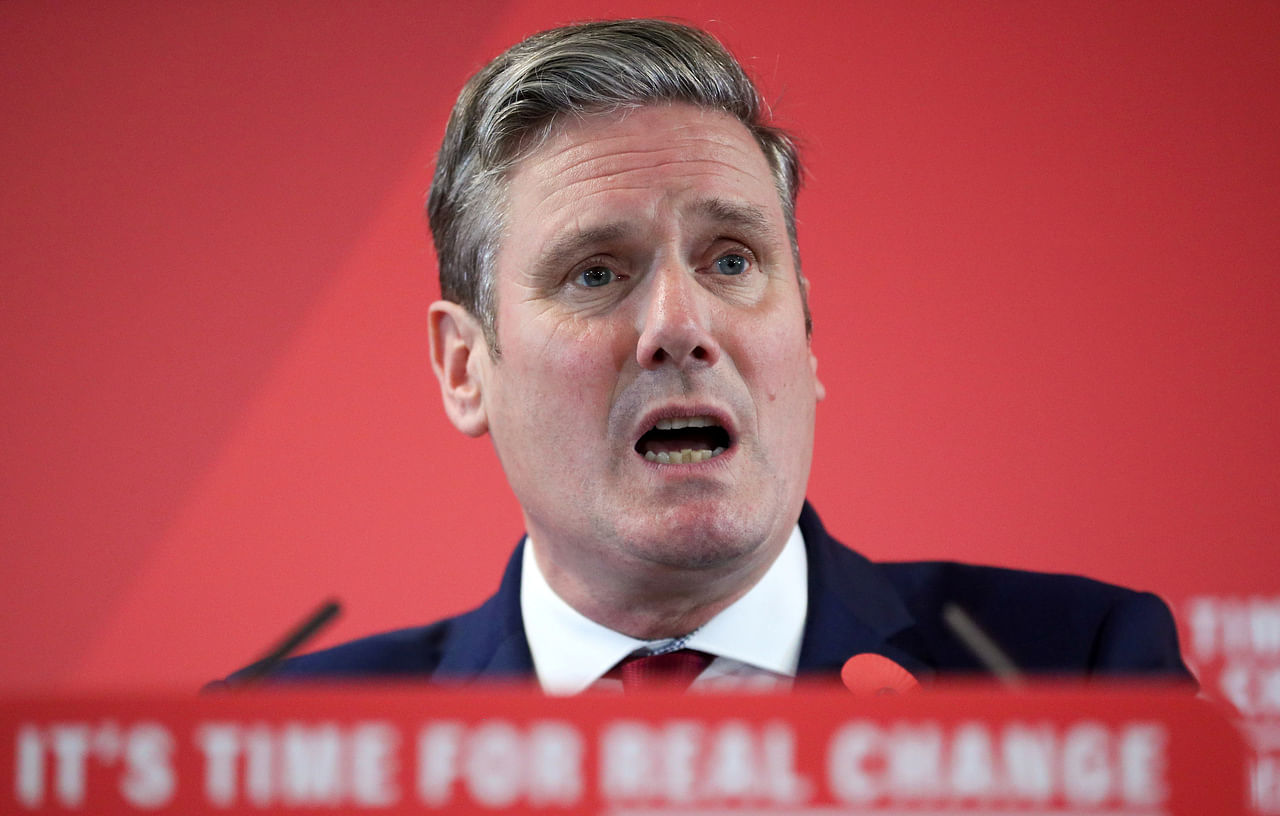
Currently the bookies' favourite, Mr Corbyn's Brexit spokesman hasn't always been loyal to the current leader - particularly when it comes to the question of the UK's relationship with the European Union.
Mr Starmer backed Mr Corbyn's rivals in the 2015 and 2016 leadership contests and is one of the party's most vocal remainers.
While Mr Starmer has faced accusations of being out of touch with working class Leave voters in the North of England, he's arguably closer to them than Mr Corbyn, who was privately educated.
To boot, he has an impressive career behind him. As a young lawyer 20 years ago, he helped two penniless environmental activists beat McDonald's Corp after they were sued by the global burger chain for libel. Their victory forced the government to review its libel laws to redress the balance between rich and poor.
Rebecca Long-Bailey, 40: The Chosen One
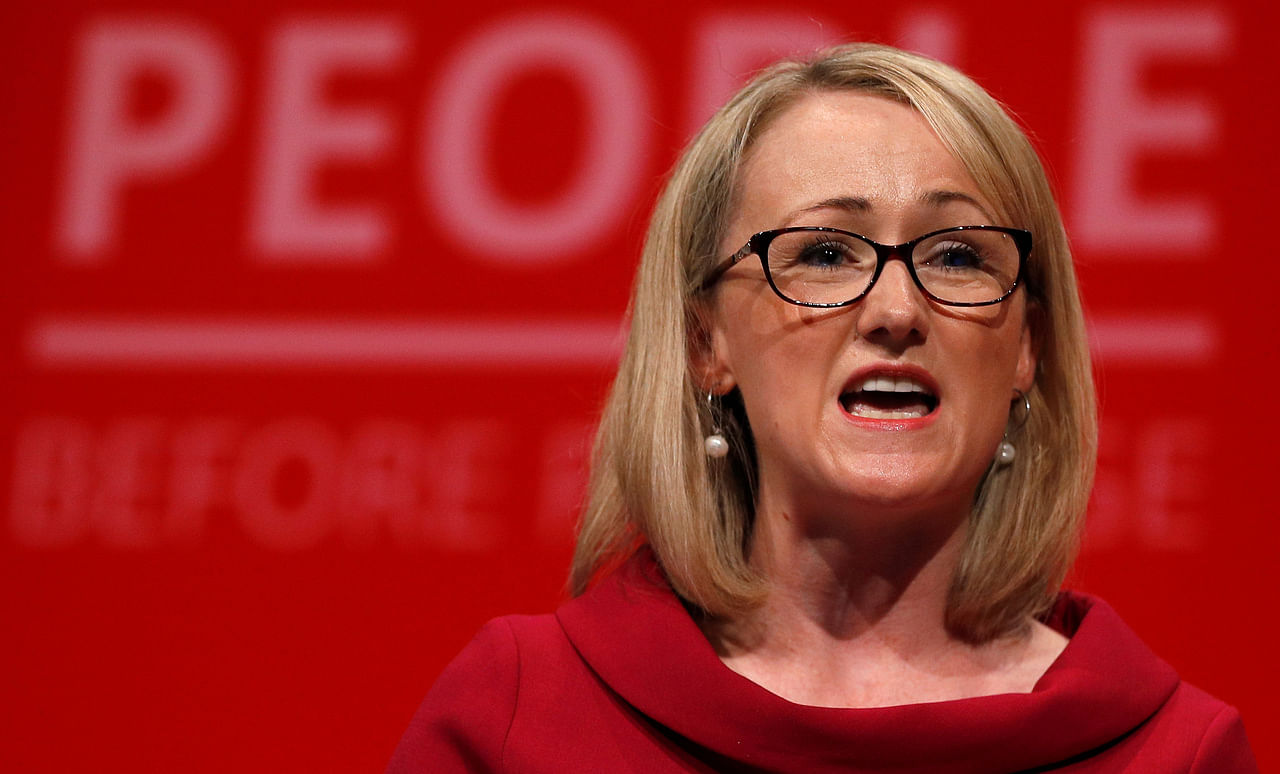
If you were going to build a new Labour leader from scratch, Ms Long-Bailey would probably tick most of the boxes: she is a young and media-savvy female hailing from a northern constituency with a safe majority.
Crucially, she's also loyal to the leadership, even standing in for Mr Corbyn at Prime Minister's Questions in June. With the Labour membership still remaining firmly to the left of the party's Parliamentarians, this could prove crucial in gaining her the support needed to win the contest.
Ms Long-Bailey is close friends with fellow leadership hopeful Angela Rayner, and there have been suggestions they could be the party's next power duo, akin to Mr Tony Blair and Mr Gordon Brown.
Emily Thornberry, 59: Corbyn's Neighbour
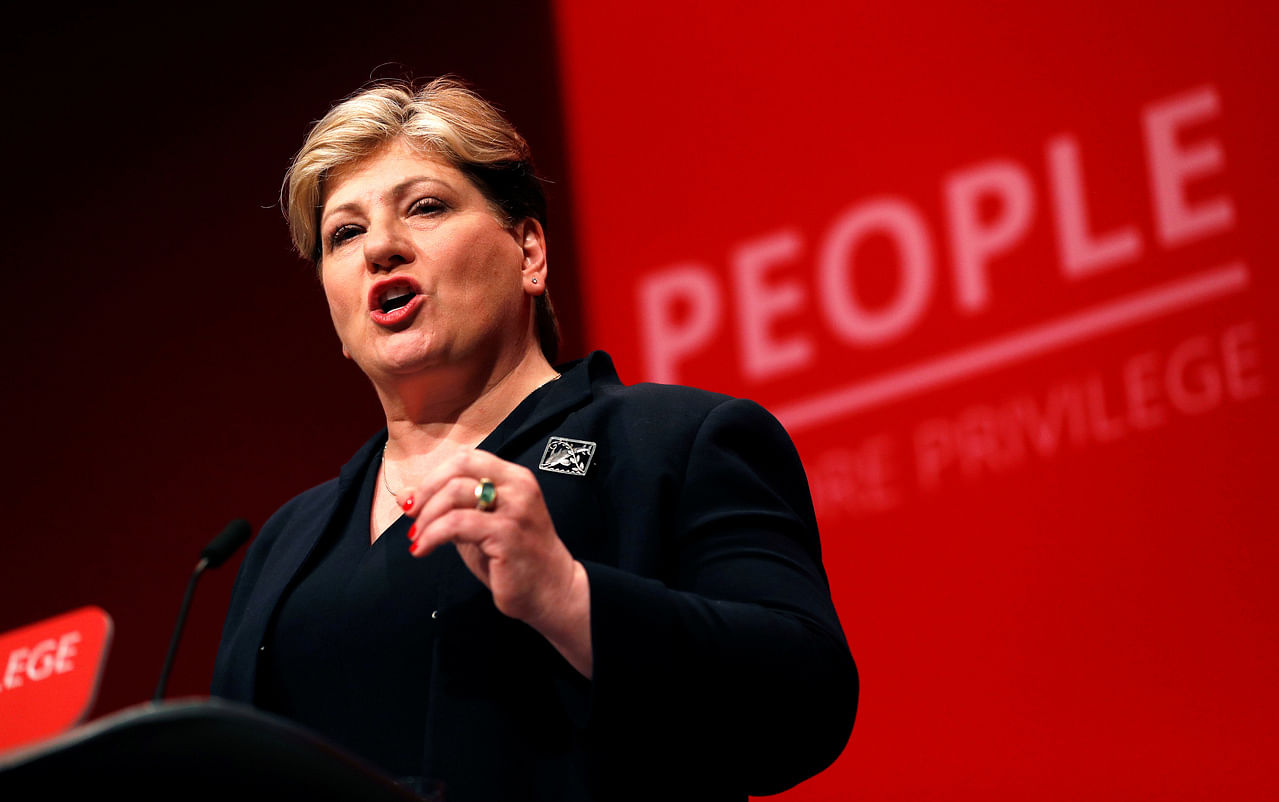
The shadow foreign secretary is widely expected to toss her hat in the ring, especially after she refused to rule out a leadership bid in an interview with the New Statesman magazine in early December.
A strong media performer with experience in both Mr Ed Miliband's and Mr Corbyn's senior leadership teams, Ms Thornberry pushed hard for Labour to back holding a second referendum on the UK's membership of the EU.
Old gaffes may come to haunt her, though. She was forced to resign her shadow Cabinet post in 2014 after tweeting a picture perceived to be mocking working-class voters. Given she represents Islington South, neighbouring Mr Corbyn's own Islington North, members may question whether another Londoner is the right choice to get Labour winning again nationwide.
Angela Rayner, 39: The One With the Back Story
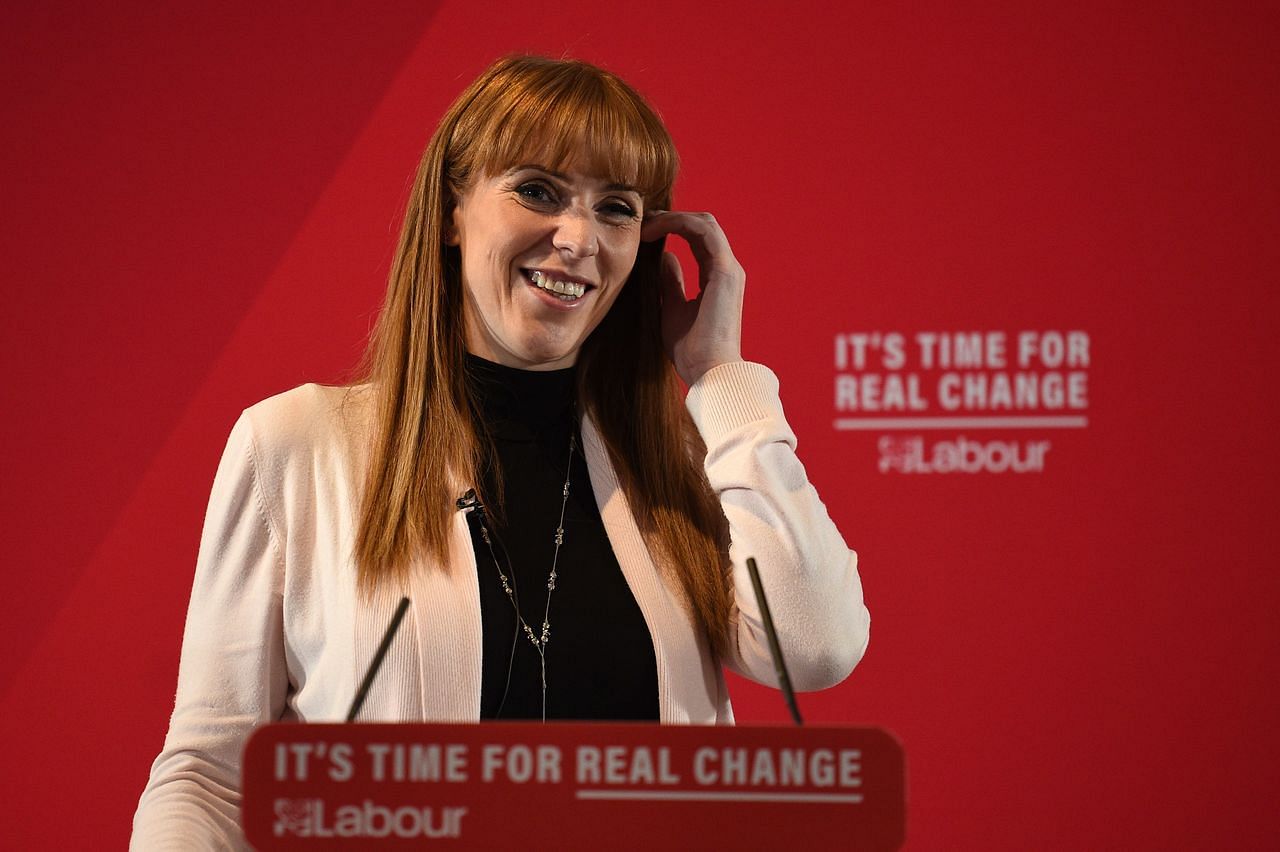
Ms Rayner has been at the forefront of the party's election campaign, regularly facing the cameras and leading rallies across the country.
Known for her blunt, no-nonsense interview style, her supporters think she will be able to cut across to the traditional supporters Labour has lost in recent years.
In her role as shadow education secretary, she spearheaded Labour's National Education Service, which was hoped to do for education what the National Health Service did for health. She also has a back story unlike almost any other British politician serving today, leaving school at age 16 while pregnant.
Given she's on good terms with the leadership but also not a fully fledged member of the hard-left faction of the party, she might be a compromise candidate who can unite Labour's different ideological wings.
However, there's one factor that might deter Ms Rayner from putting her hat in the ring: she's a close friend and flatmate of fellow leadership front-runner Rebecca Long-Bailey. Labour leadership contests have a habit of tearing apart close friendships, and even family. Just ask David and Ed Miliband.
Sadiq Khan, 49: Mr London
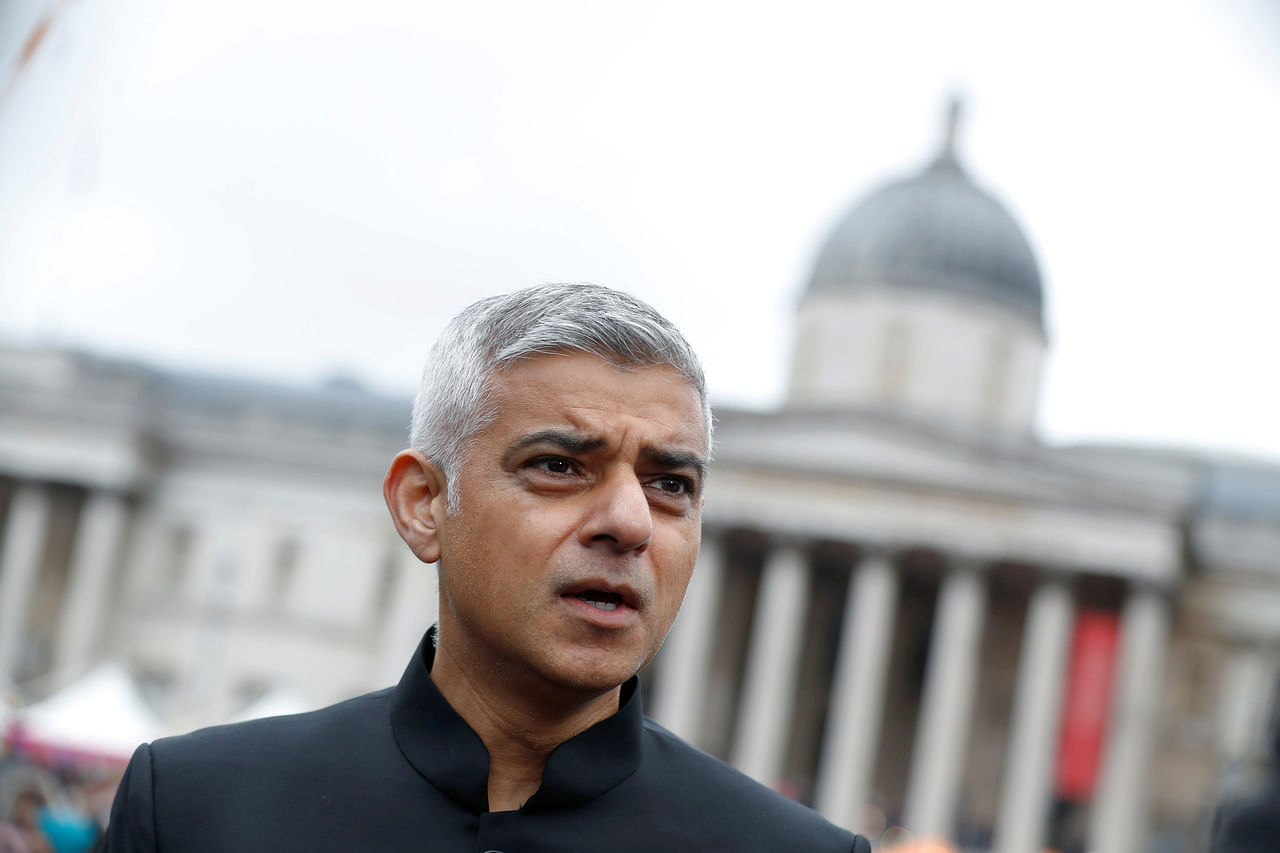
Mr Sadiq Khan is one of Labour's most recognisable faces thanks to his role as mayor of London. He served in Mr Brown's government and was a senior figure in Mr Ed Miliband's opposition team, before moving his focus to forcing the Conservatives out of office in London in 2016.
But that hasn't meant he's kept quiet on issues of national (and international) importance. Mr Khan has regularly clashed with Mr Corbyn over Labour's Brexit stance and electoral strategies. He's also not backed down from a political feud with US President Donald Trump.
This willingness to fight his corner, as well as his track-record as leader of one of the world's largest cities, makes him seem an ideal candidate to many.
The problem? He's not an MP, meaning he can't stand for leader.
While then-mayor of London Boris Johnson became a Tory MP in 2015 in preparation for his leadership ambitions, Mr Khan made no such move in this election. Indeed, he went as far as to rule out a return to Parliament to make a leadership bid in an interview with Bloomberg TV earlier this month. Still, it's not unthinkable that the lure of becoming national leader may become too much for Mr Khan to resist.
